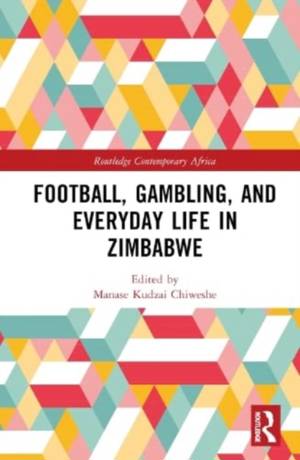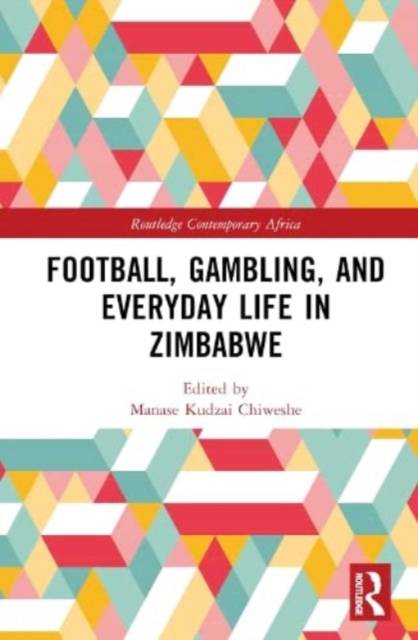
- Retrait gratuit dans votre magasin Club
- 7.000.000 titres dans notre catalogue
- Payer en toute sécurité
- Toujours un magasin près de chez vous
- Retrait gratuit dans votre magasin Club
- 7.000.000 titres dans notre catalogue
- Payer en toute sécurité
- Toujours un magasin près de chez vous
Football, Gambling, and Everyday Life in Zimbabwe
Description
As unemployment soared in Zimbabwe in the early twenty-first century, betting on football/soccer emerged as a popular, if unsustainable, livelihood option, and the number of betting halls mushroomed. This book investigates this growing social phenomenon, providing a holistic analysis of football gambling in Zimbabwe and exposing its impact on the everyday lives of Zimbabweans.
Drawing on original empirical and theoretical analysis from across six different areas of Zimbabwe, the book highlights the lived experiences of communities that are only beginning to grapple with the long-term effects of addiction. Explaining its historical origins in the colonial and immediate post-colonial periods, the authors delve into the motivations, patterns, practices, and impacts of soccer betting. Tackling issues such as gender, livelihoods, addiction, religion, and tradition related to soccer betting, the book lays bare the general lack of policy frameworks and support services to protect vulnerable populations.
This book offers a rare glimpse into a sociological phenomenon sweeping across Zimbabwe, with a particularly stark impact on the country's youth. It will interest sports and African studies researchers, as well as those focusing on the socio-health problems related to gambling.
Spécifications
Parties prenantes
- Editeur:
Contenu
- Nombre de pages :
- 138
- Langue:
- Anglais
- Collection :
Caractéristiques
- EAN:
- 9781032578866
- Date de parution :
- 27-10-23
- Format:
- Livre relié
- Format numérique:
- Genaaid
- Dimensions :
- 156 mm x 234 mm
- Poids :
- 390 g






